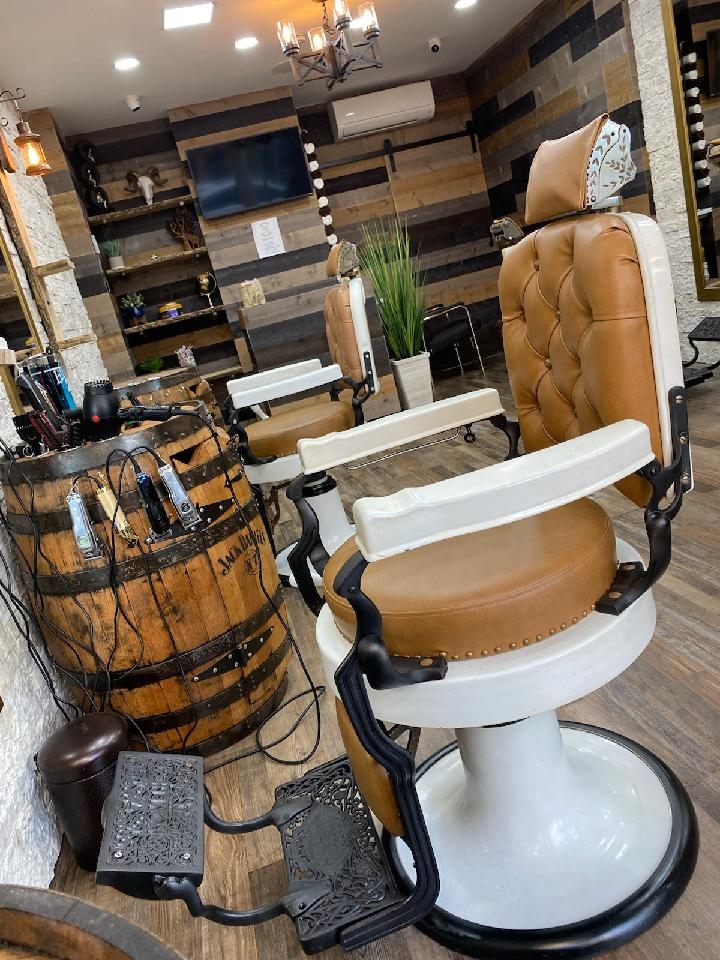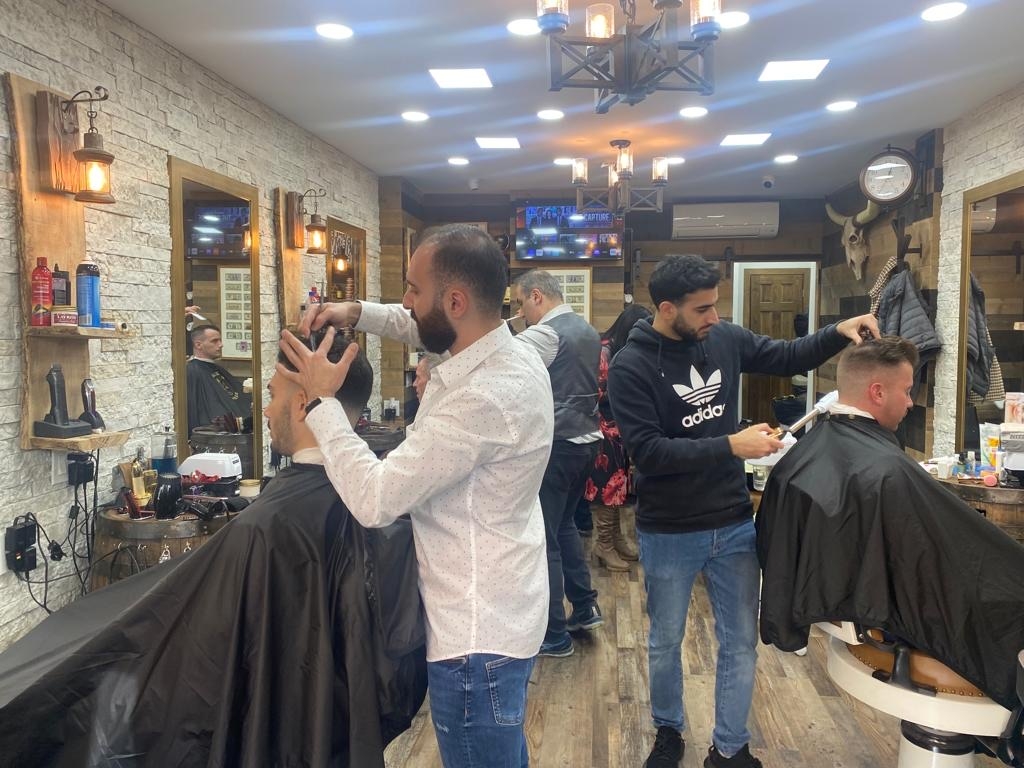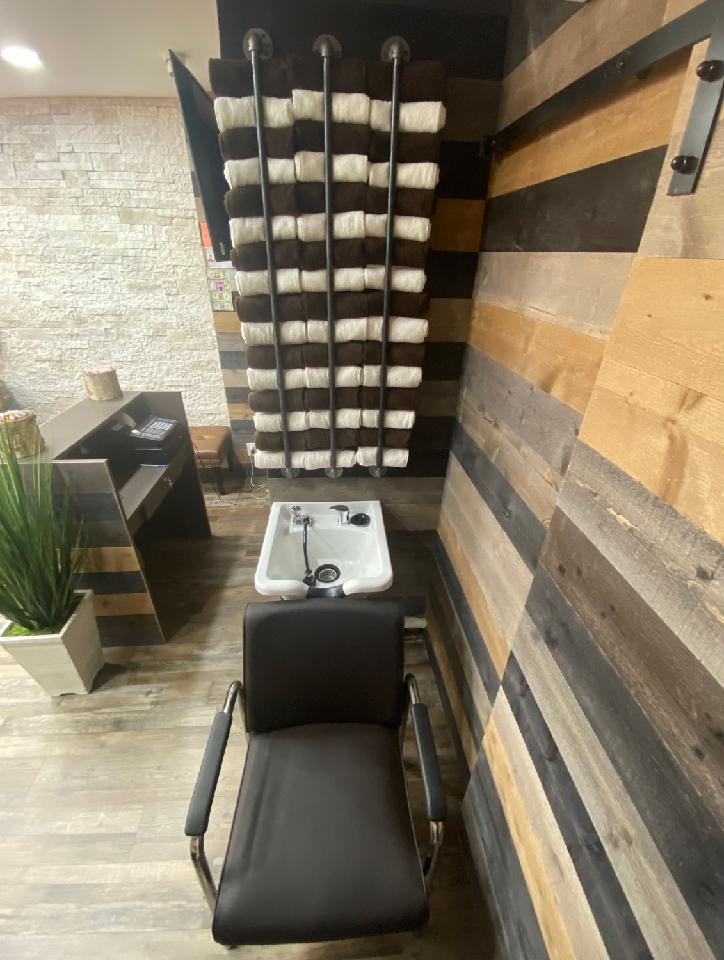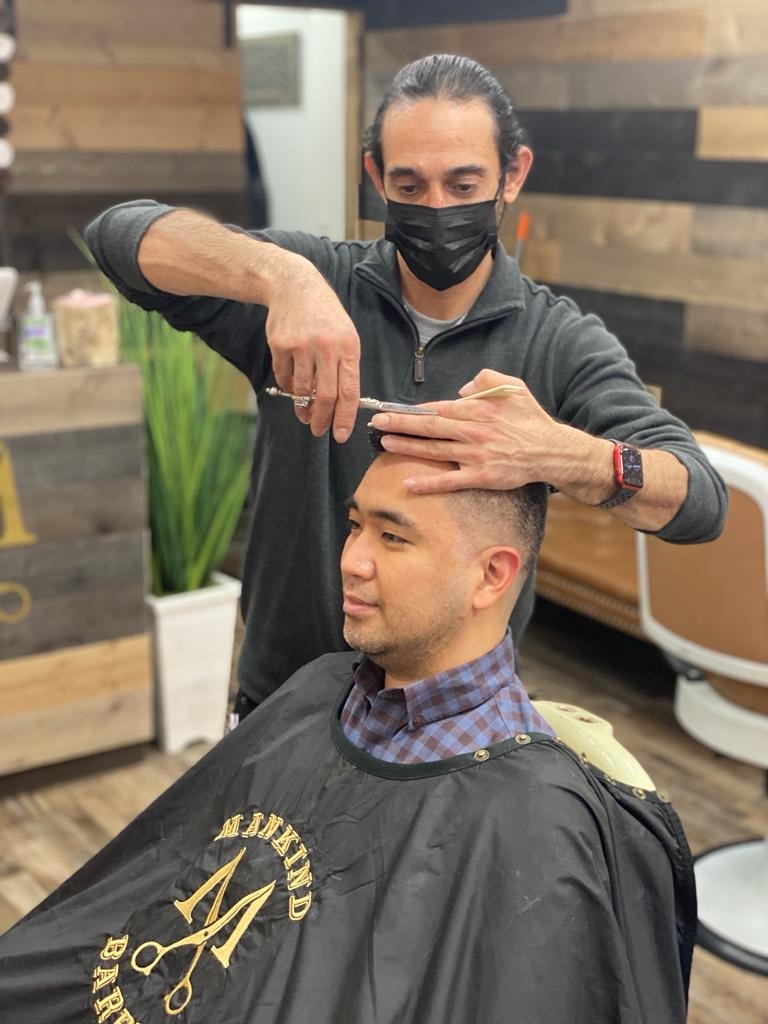Beard Growth Supplements
How do beard growth supplements containing biotin help in promoting hair growth?
Beard growth supplements containing biotin can help promote hair growth by supporting the production of keratin, a protein essential for healthy hair growth. Biotin, also known as vitamin B7, plays a crucial role in maintaining the health of hair follicles and promoting the growth of strong and thick hair. By incorporating biotin into beard growth supplements, individuals can potentially see improvements in the overall quality and growth of their facial hair.



